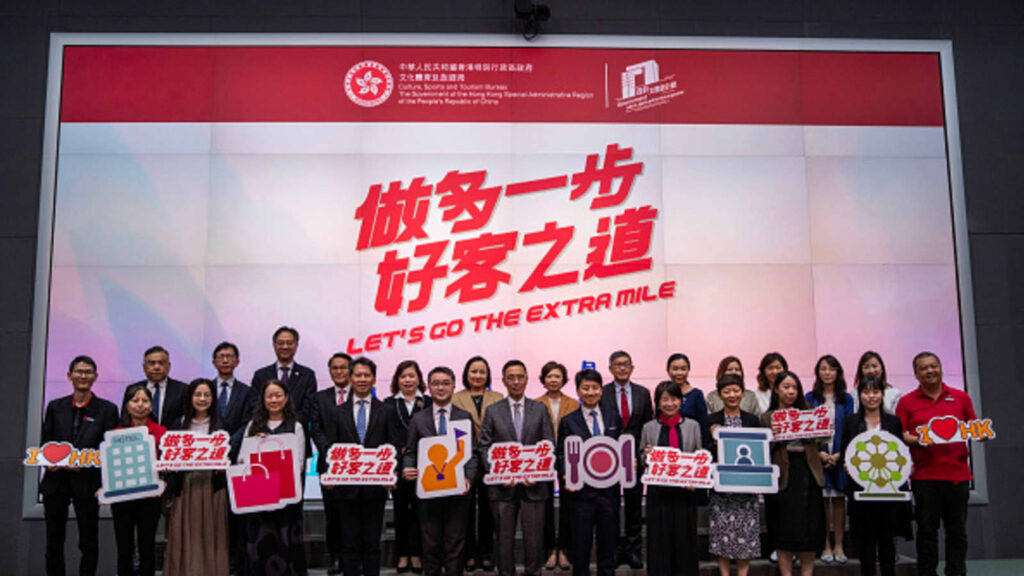For many global powers, tourism is a force to be reckoned with. Bringing together loads of different nationalities into a country, it facilitates the spread of culture and the permanence of a state’s influence in the global economy. This is why Hello Kitty, originating in Japan, is universally recognized and loved, and how your grandmother has a hawaiian lei lying around in her home.
Hong Kong, a special administrative region in the People’s Republic of China, is one of the most densely populated territories in the world, and once had a reputation for being a tourism giant. However, recently, Hong Kong has been struggling with elevating its numbers to pre-COVID levels. According to CNBC, data shows that within the first four months of 2024, Hong Kong managed to generate only 60% of 2019’s numbers during the same period.
Grumpy Hongkongers, and The US Dollar
One of the complicated hurdles that HK must overcome is its priciness. CNBC reports how HK’s currency is “pegged” to the US dollar, which is advantageous in the global economy, but is disadvantaegous in the fact that it makes HK MUCH more costly than its neighbors. In fact, tourists find neighboring Japan, and the city of Shenzen, attractively cheaper. Additionally, HK has yet to welcome back the same number of foreign touristers, and sees mostly mainlanders, which entails shorter visits, and less money spent due to economic struggles within the country.

To make up for economic complications, one of the main focuses of HK’s government is to promote hospitality. Essentially, that’s their way of saying “turn that frown upside down!” According to the Goverment of Hong Kong’s official website, the Education Bureau will start instilling values of hospitality and “courtesy” into school curriculum, and cultivating a friendlier atmosphere within schools. Furthermore, the Hong Kong Toursim Bureau has launched “Let’s Go the Extra Mile”, which inspires both members of the public and industry staff to emphasize HK’s exquisite hospitality,
The AMRO suggests that HK diversifies its targeted audience. For example, HK could install Muslim-friendly events, restaurants, and/or attractions in order to loop in more tourists from the Middle East, for people from that region were high spenders pre-pandemic. AMRO also calls for HK to continue to improve infrastructure, while also zeroing-in on its goal to become a go-to place for multiple purposes, not just for leisure. For instance, HK can advertise its role as a financial hub, reeling in different corporations and businesses.
In conclusion, despite HK’s current struggle in reviving global interest, it might just rebound with the right amount of enthusiasm and effort from the government. What it needs is the correct policies and urgency.

